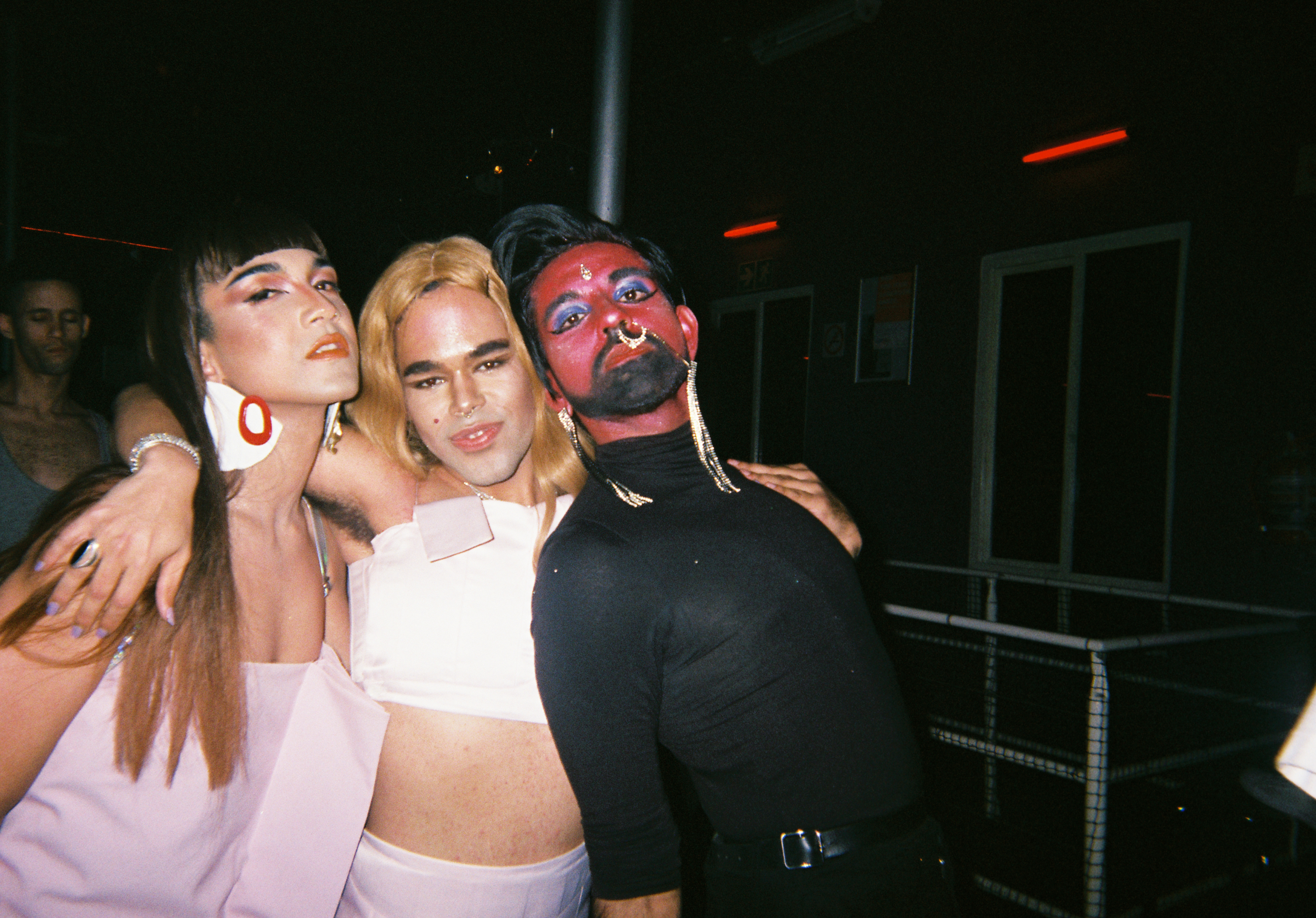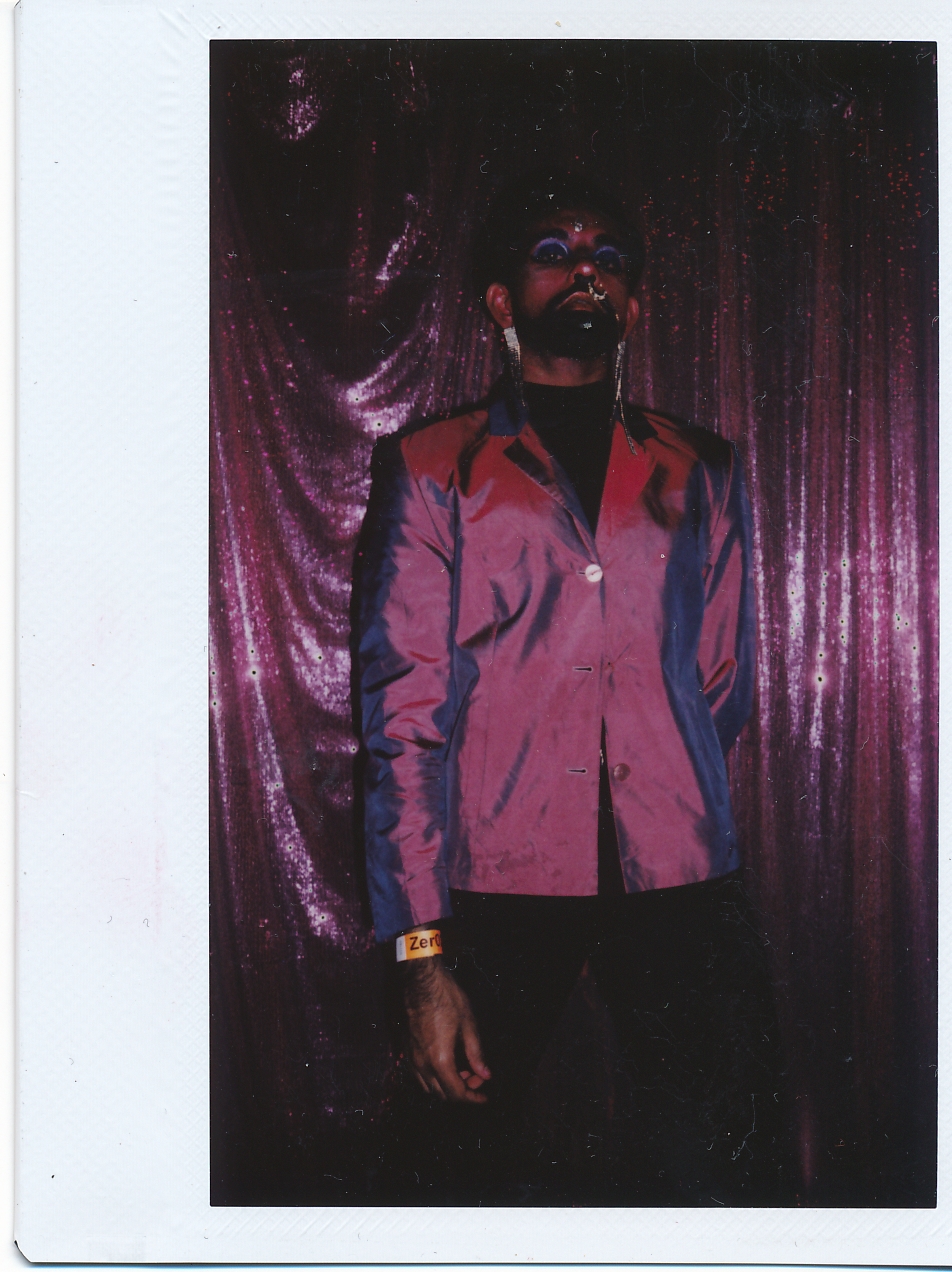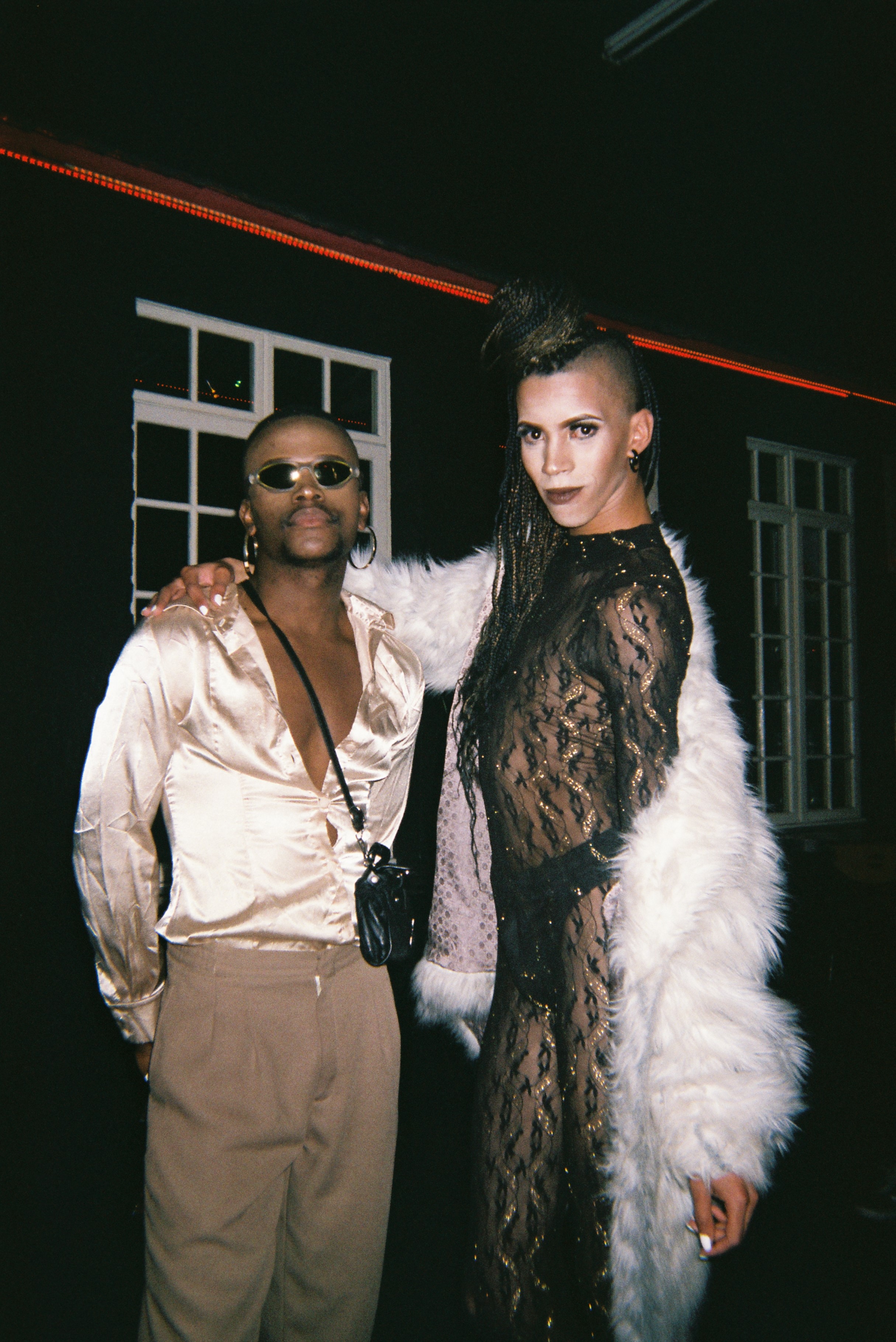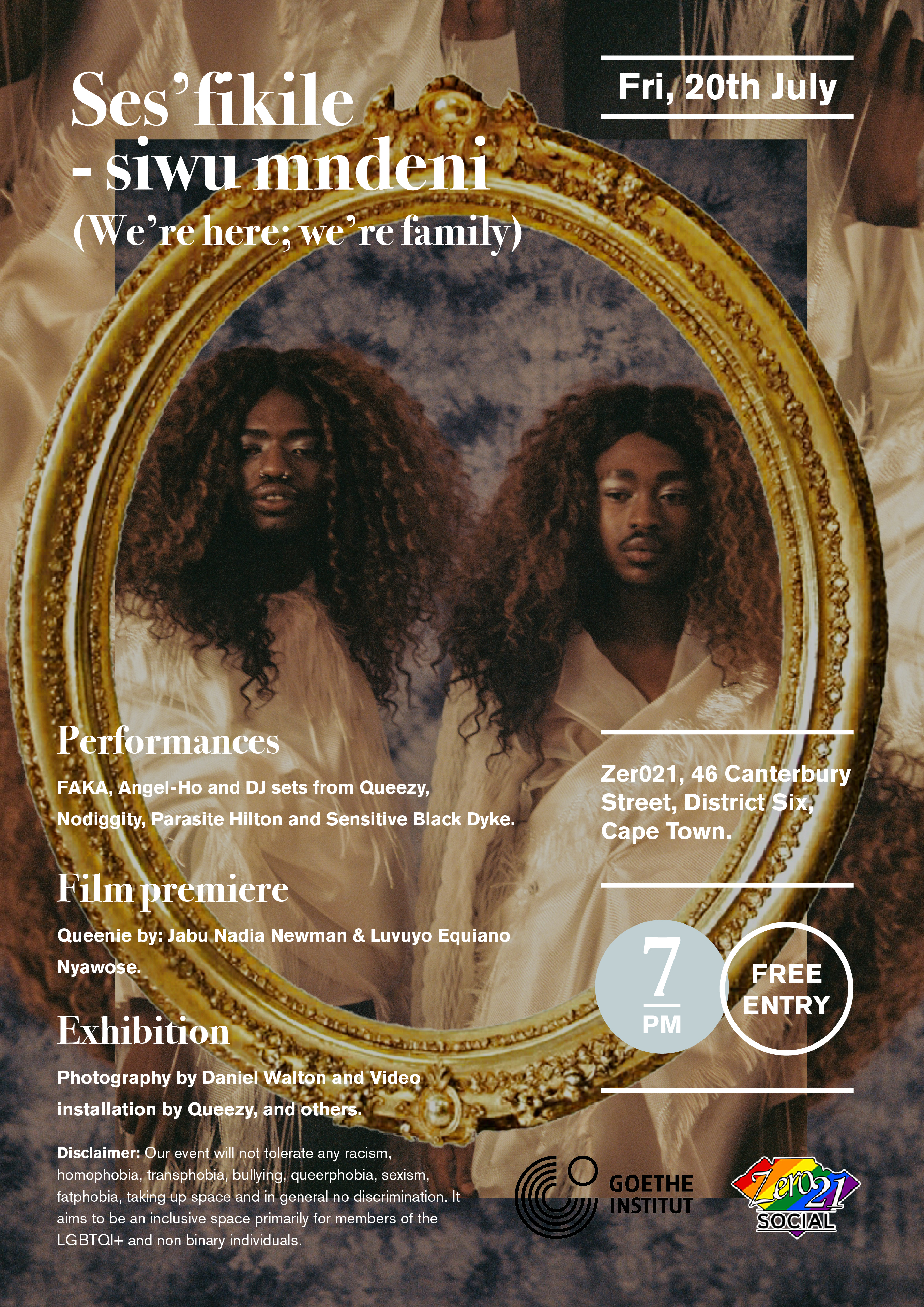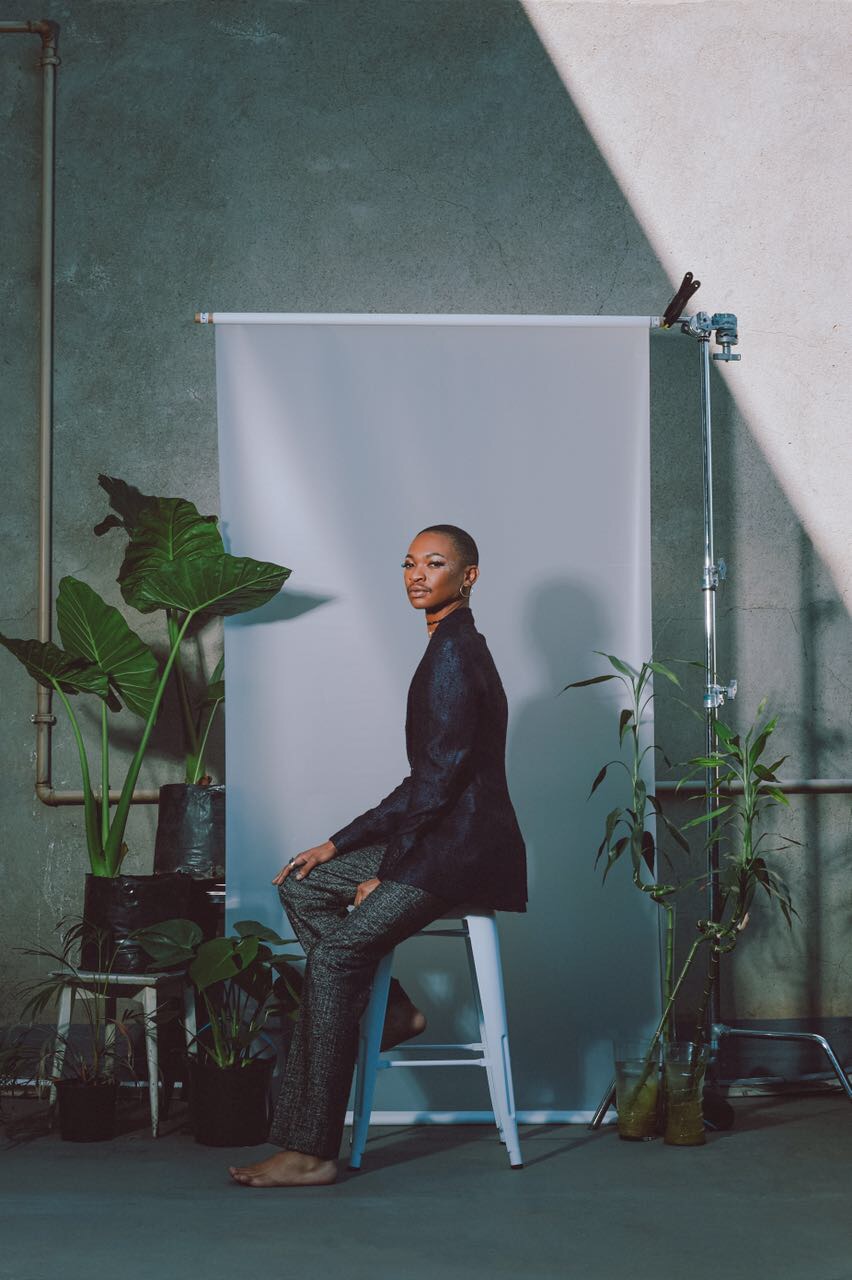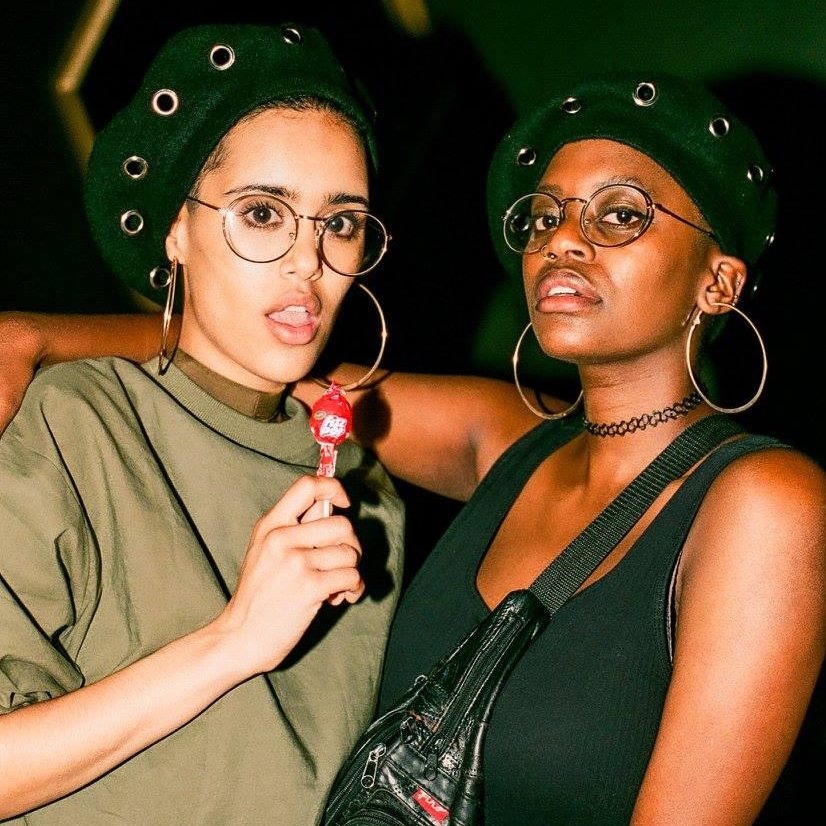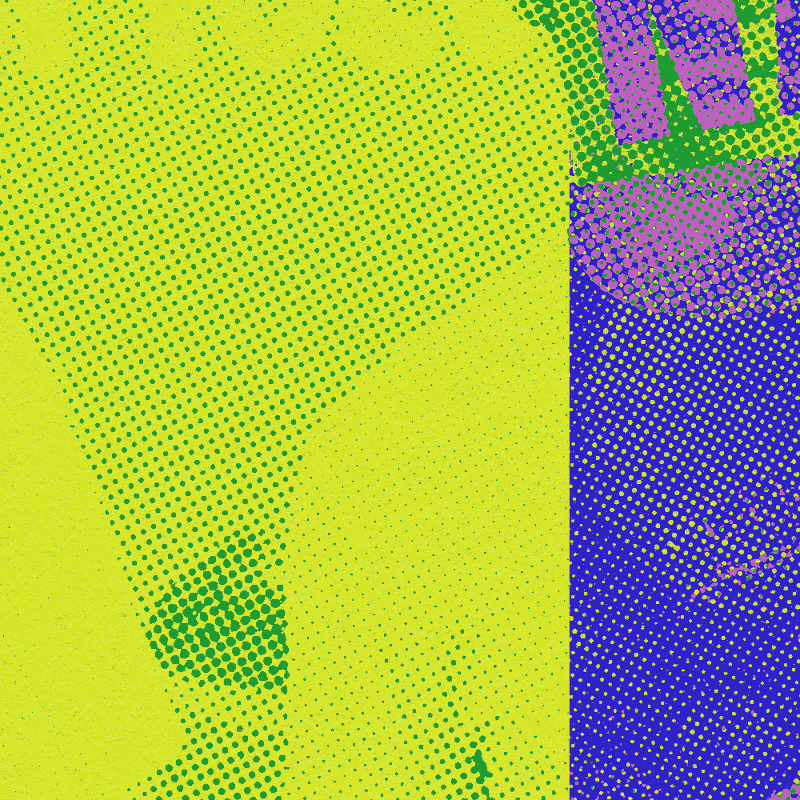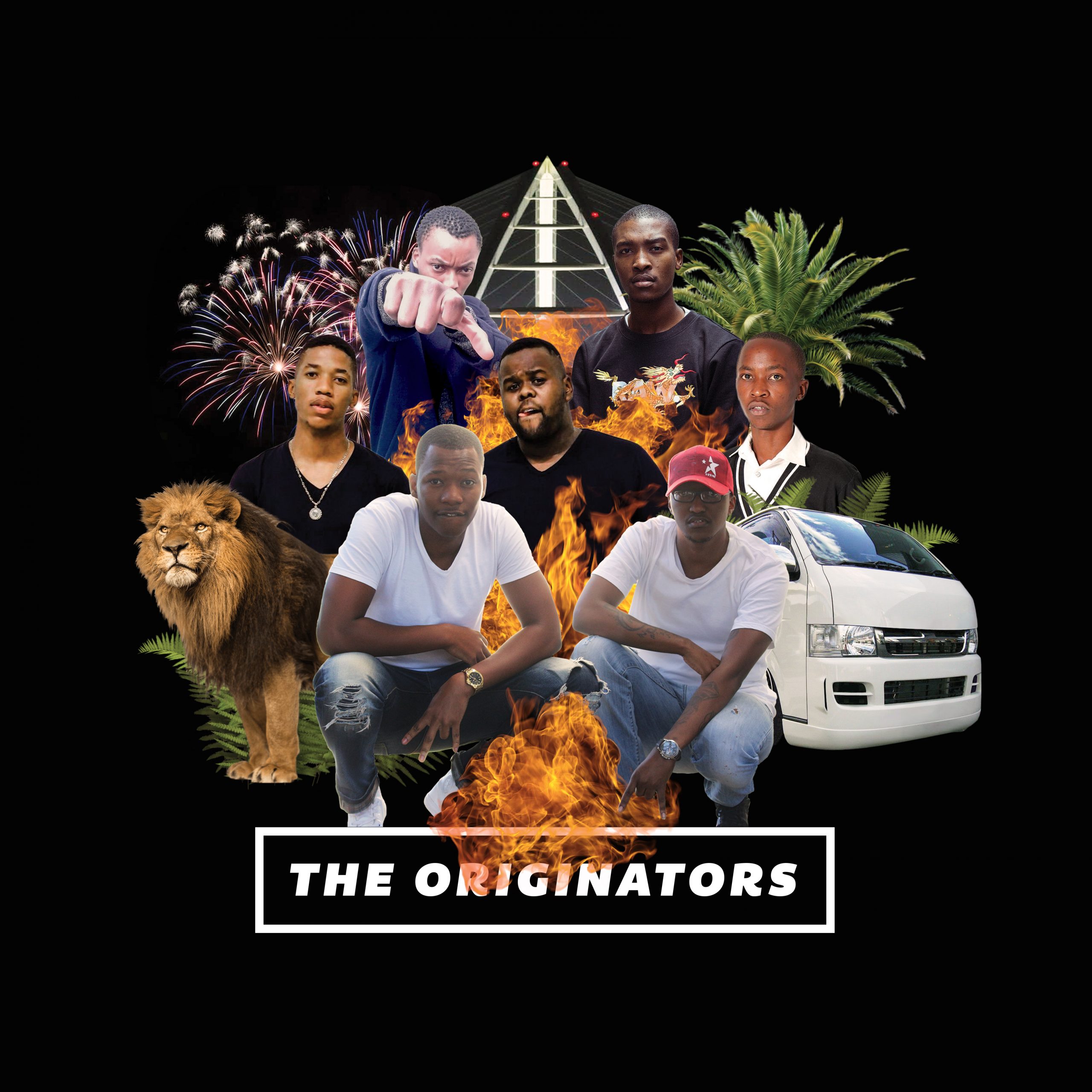“Low-key” is a phrase Maramza uses multiple times in our half-hour phone call interview and it’s an apt way to describe the ever-evolving producer. I’ve met Maramza, real name Richard Rumney, a few times and he’s always struck me as the quiet, reserved and observant type – someone who would rather listen than talk. When he does talk, it’s usually to ask a question so he can get some insight to process whatever it is he’s already thinking. So that I managed to get half an hour of conversation out of him is quite something. “I’m very introverted, I guess I’m shy, you know?” He explains when I ask him if he considers himself an introspective cat. “I don’t drink, I used to but I don’t anymore. I’ve been partying for over 20 years so when I’m out now, I’m just there and observing, listening to the music and chat to a few people, but I’m not like “Yo, this is my best life, I’m outchea.” That ended a long time ago. Since I’ve been doing Maramza, it’s been like that. The thing with Maramza, the whole idea was to be low-key. When I first started it was this incognito, low-key thing. I was just kinda not feeling Richard The Third and wanted to release a very different style of music. Originally, no-one knew who I was. But then people showed interest and I was like “Now I want the gigs and I want to be known.” If anything, now I want to go back to being low-key again. Which is kinda weird now that I’m on the Bubblegum Club cover.”
Originally from Joburg, Maramza, then known as Richard The Third, moved to Cape Town in the early 2000s to be part of the fresh wave of electronic music in South Africa. “In the 2000s, I was very inspired by Cape Town electronic music and I think that was a general feeling in Joburg, that Cape Town were the guys who were doing the most forward thinking shit at that time.” He tells me. “African Dope, Real Estate Agents, Felix Laband, Lark and even Goldfish, they were just doing the coolest shit, you know? and I was very inspired by that and that’s essentially why I moved to Cape Town, I wanted to be a part of that. When I got there that was probably the tail end of that era, moving into the kind of Discoteque, electro era and the dubstep era.”
The move did Maramza well and he soon found himself deep in a flourishing Cape Town scene he’d admired from afar, “For me, it felt like there were days when all of us in that scene were lucky. Discoteque was a weekly event, the dubstep parties were quite regular, it felt like there were quite a lot of venues, for a whole lot of us it just felt like a lot was going on club wise, event wise there was a very enthusiastic vibe happening, and there was just a lot to do.”
Since then, things have changed a lot in Cape Town. On a commercial level, people are following the global 4/4 to the floor resurgence, and in the underground, young folks are more politically conscious, and aware of identity, privilege, and power. Maramza makes note of this, “I feel that in Cape Town a lot of young people are woke now, you know? They’ve awoken and are looking at things, and a lot of young people are angry and they see things differently. I think similar groups of people hanging out in the 2000s weren’t so concerned or conscious of it, now they are. Especially around race, gender and sexuality. Not being okay with the way things are, justifiably, and not wanting to support things that aren’t willing to change in that way. As a result, I think there’s a transition, I’m hoping that we see the change now. There’s a crew called 021 Lit, there’re Uppercut parties on a Friday, and when you look at those, at the audience there and actually the DJs themselves, and you feel like, now I’m older now- I’m a guy who has been doing this for a long time- I look at that and think “This is what younger people wanna see. These are the DJs they want to see get put on and who they want to see become successful, who they want to hear making music.””
Adjusting to a scene whose identity is shifting away from your demographic can often be met with resistance. When asked how he’s adapted to the change in culture over the years, Maramza answered thoughtfully, “I think the simple answer is that you just need to be low-key, as low-key as possible. If you’re an older white guy, pull yourself away from any feeling of being offended, or wanting to see things in a certain way, or feeling miffed because things aren’t a certain way. Invariably, that’s going to be your privileged, old-school perspective coming through and that’s just not going to help. You’ve gotta lose that shit, just drop it, it’s gonna cause problems.”

It seems Maramza has learned a lot since being called out for culturally appropriating gqom, “I had this thing when gqom started blowing up, I was like “This is so dope, I want to do my own version of this” and I was actually called out on it online in an article. It really got me thinking, “Fuck, well, that’s true. I can’t do that.”” Maramza has since moved away from the sound and is more aware of his place in the world. “I’ve been very lucky, I am privileged, I’ve had a lot of things work out the way I’ve wanted. I just need to listen to other people and connect with the right people, that’s very important. It’s about proximity. Who do you spend your time with? Who are you listening to? You can’t force that but I think if your intention is out there to be like “I don’t want to be in a world that’s a white privilege bubble”, as much as that’s automatically where I fit in, especially in Cape Town, but if you put the intention out there, you’re more likely to be opening up and connecting with people that aren’t a part of that bubble and they will make you think differently.”
Maramza’s low-key vibe is also about putting others on. When asked what he’s currently working on, he casually replied with “Not much”, and proceeded to tell me more about other artists than his own music. “I started a kinda label project towards the end of last year called “Kwaai-fi”, and I want to do that which really looks to highlight corners of scenes in Cape Town that I think could do with a bit more love and I also would personally think would be nice to connect together. Like the bass music scene, the house music scene, the sjoko joko scene. The guys who I’ve already worked with for “Kwaai-fi”, Terrasoul, DJ Fosta, they all just have a fresh Capetonian, South African take on things. I wanna pursue encouraging those kinds of artists to put out music and remix each other and do it through that platform as “Kwaai-fi”.”
Maramza has already been such a crucial part of the SA music scene, but this next era might be where he has the most impact. Not just as a producer but as someone dedicated to continually pushing the culture of electronic music in South Africa. It’s important for the old guard to use their knowledge, experience, and connections to help the new wave successfully take over, and through “Kwaai-fi” and keeping it low-key, that’s exactly what Maramza is doing.

Photography by Luke Maritz
Styling by Luke Bell Doman
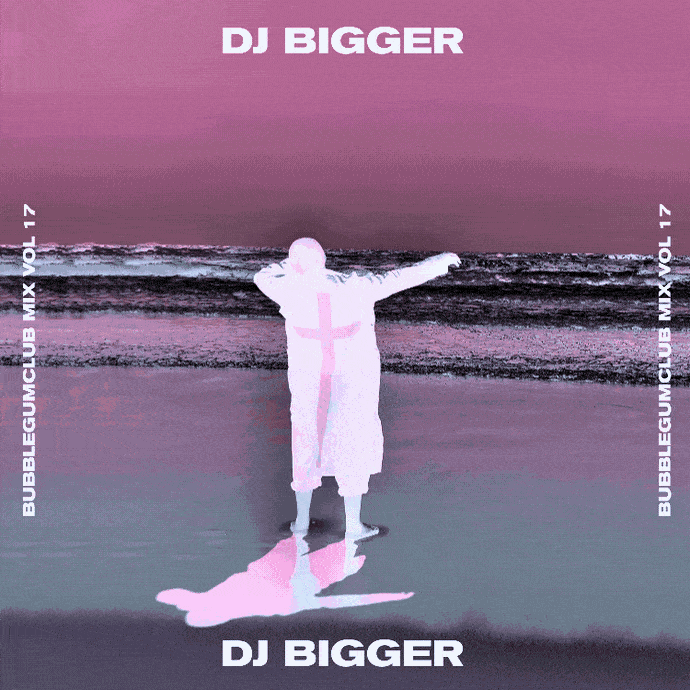
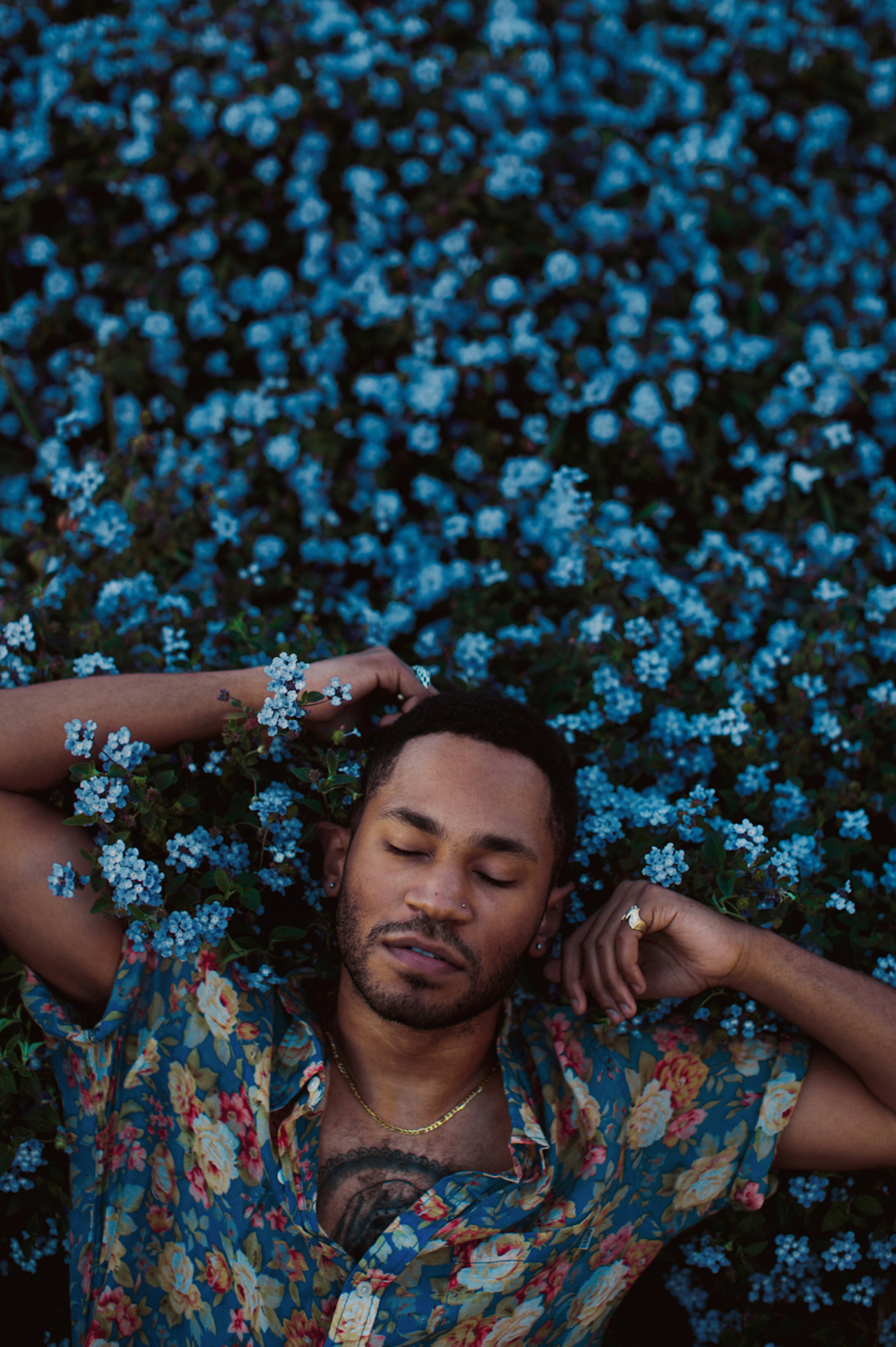
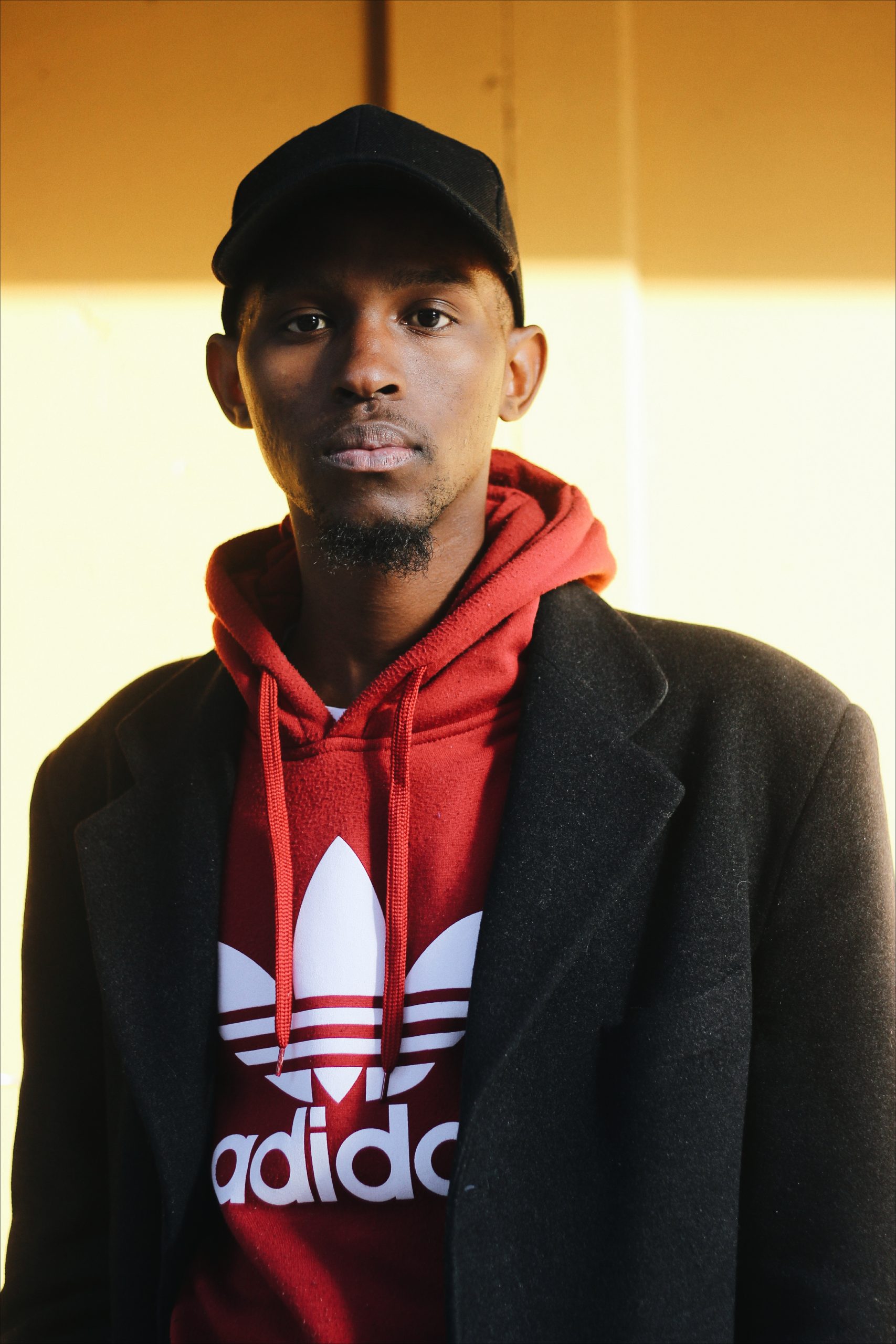
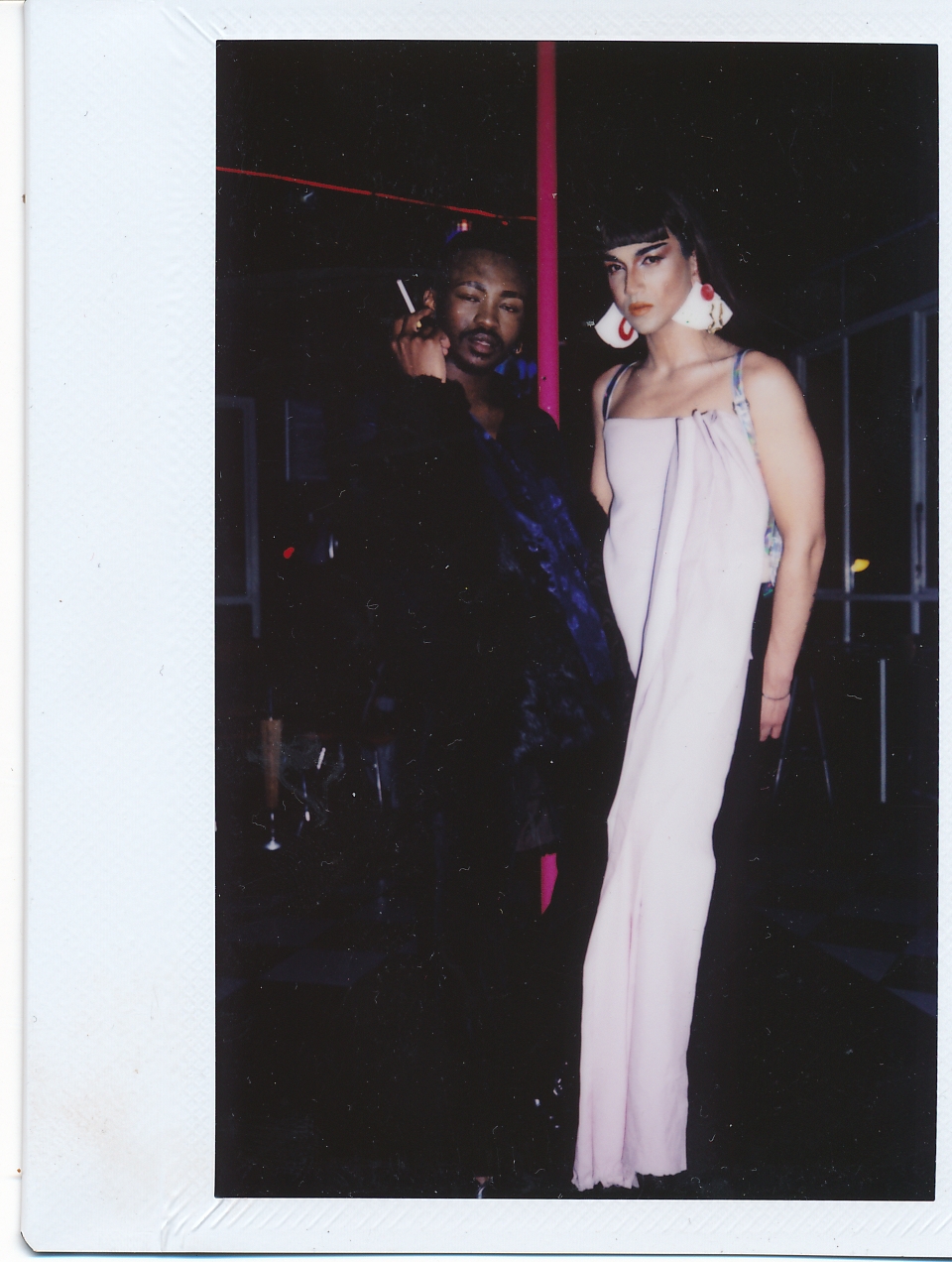
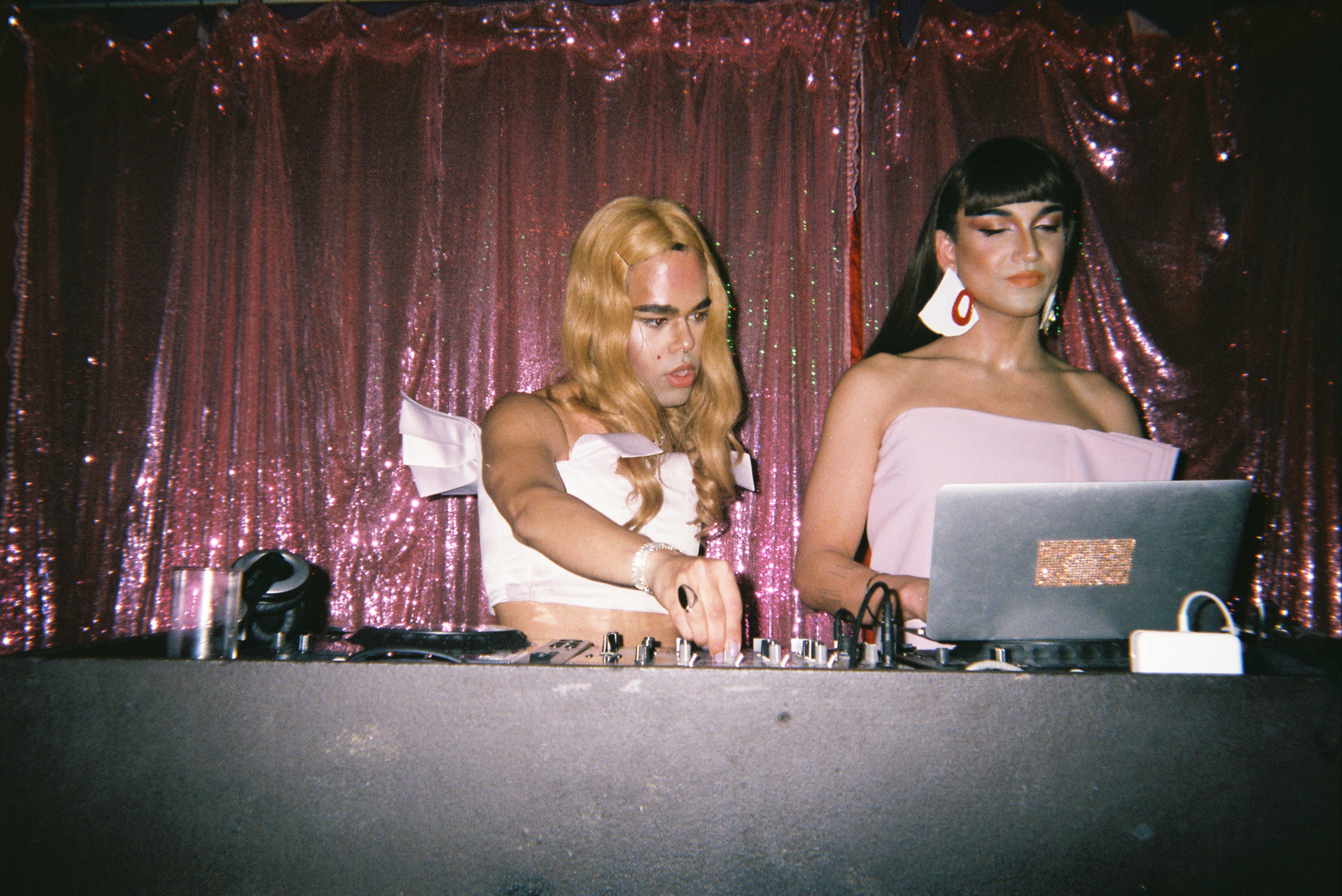 explains.
explains.